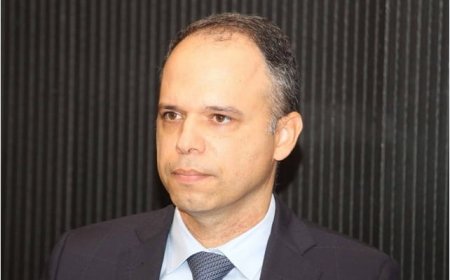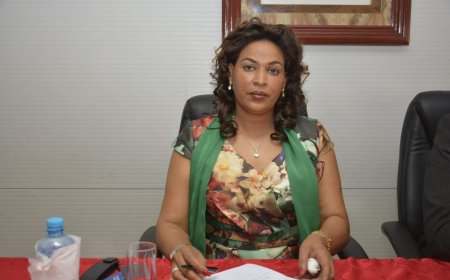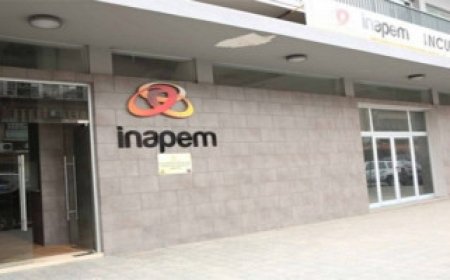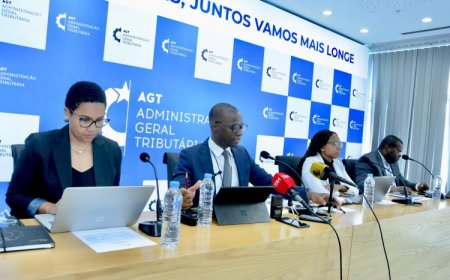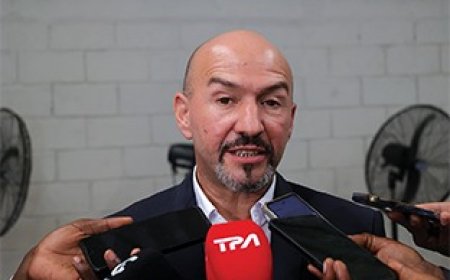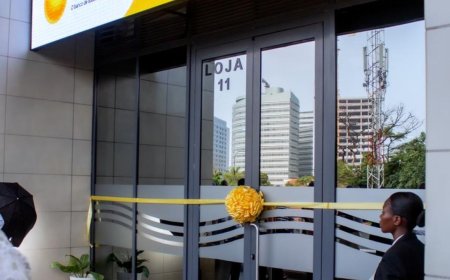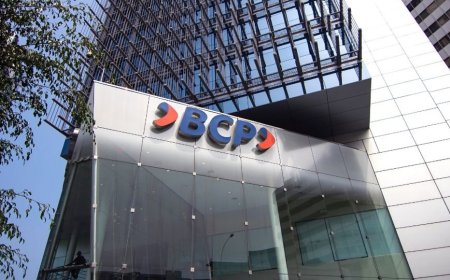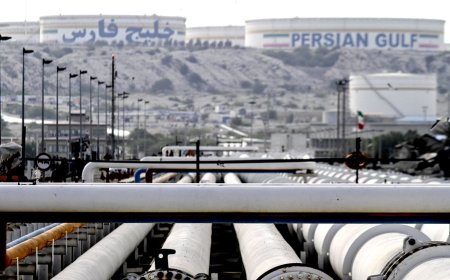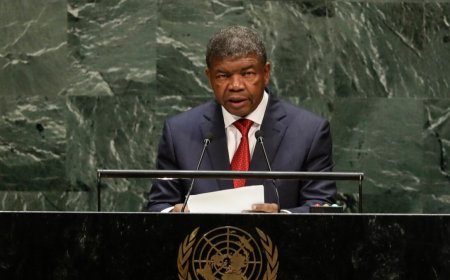PCA of Banco Económico ‘destroys’ BNA and says that the imposed Recapitalization Plan was “insufficient” to save the bank.
The manager also adds that the former BESA also had to reabsorb a significant ownership and asset management operation that it had been maintaining with a third party, which had a very negative impact on its accounts.
The current chairman of the board of directors of Banco Económico (BE), Pedro Cruchinho, considered, in Deloitte's 18th 'Banking in Analysis' report, that the Recapitalization and Restructuring Plan (PRR) “revealed to be insufficient to overcome challenges liquidity structures, which have been worsening (…)”.
“The Plan proved to be insufficient to overcome structural liquidity challenges, which have been worsening, and several of its measures have effects on the balance sheet only in the medium and long term, when an impact would be imposed in the short term”, lamented the manager .
According to Pedro Cruchinho, the Bank also had to reabsorb a large-scale ownership and asset management operation that it had been maintaining with a third party, which had a very negative impact on its accounts. Added to this, Cruchinho describes, were the challenges posed by exchange rate volatility and inflation and the instability of international markets.
Pedro Cruchinho did not fail to recognize that Banco Económico has been implementing, since 2022, a Recapitalization and Restructuring Plan determined by its Supervisor, the National Bank of Angola. According to the manager, these are several measures aimed at reformulating the shareholder structure, increasing share capital and resizing for greater efficiency at various levels.
For the person responsible, the Plan has been essentially fulfilled, with some ongoing initiatives remaining, but which have a continuing nature, such as the sale of non-strategic assets and the recovery of credits. However, the manager does not hide the fact that, during the period in question, there were significant endogenous and exogenous difficulties.
Asked by Deloitte about the challenges facing the institution he heads, Pedro Cruchinho argues that the quality of information plays a fundamental role in the decision-making process of Banco Económico's Board of Directors.
“For this reason, we consider this objective as strategic, in order to ensure at all times that our decisions are consciously made based on correct and reliable information, which boost the success and sustainability of our organization”, he pointed out.
However, Cruchinho did not mention, in any of the lines of his response, the omission of bank accounts. Instead, the manager highlighted the account assurance program that is underway at that institution, which, according to him, has allowed the collection of accurate and complete customer data, with a view to transaction security, regulatory compliance and protection of data.
“We also highlight the improvements we have made in terms of the integrity of accounting information, ensuring greater data consistency and accessibility for stakeholders. Despite the strategic importance of the process of improving data quality and the momentum we have made in this matter, it is important to emphasize that the Bank's current situation ends up conditioning our capacity to invest in information systems and data infrastructures, essential tools for the analytical treatment of available information”, he said.
PCA of Banco Económico ‘destroys’ BNA and says that the imposed Recapitalization Plan was “insufficient” to save the bank
The manager also adds that the former BESA also had to reabsorb a significant ownership and asset management operation that it had been maintaining with a third party, which had a very negative impact on its accounts.

The current chairman of the board of directors of Banco Económico (BE), Pedro Cruchinho, considered, in Deloitte's 18th 'Banking in Analysis' report, that the Recapitalization and Restructuring Plan (PRR) “revealed to be insufficient to overcome challenges liquidity structures, which have been worsening (…)”.
“The Plan proved to be insufficient to overcome structural liquidity challenges, which have been worsening, and several of its measures have effects on the balance sheet only in the medium and long term, when an impact would be imposed in the short term”, lamented the manager .
According to Pedro Cruchinho, the Bank also had to reabsorb a large-scale ownership and asset management operation that it had been maintaining with a third party, which had a very negative impact on its accounts. Added to this, Cruchinho describes, were the challenges posed by exchange rate volatility and inflation and the instability of international markets.
Pedro Cruchinho did not fail to recognize that Banco Económico has been implementing, since 2022, a Recapitalization and Restructuring Plan determined by its Supervisor, the National Bank of Angola. According to the manager, these are several measures aimed at reformulating the shareholder structure, increasing share capital and resizing for greater efficiency at various levels.
For the person responsible, the Plan has been essentially fulfilled, with some ongoing initiatives remaining, but which have a continuing nature, such as the sale of non-strategic assets and the recovery of credits. However, the manager does not hide the fact that, during the period in question, there were significant endogenous and exogenous difficulties.
Asked by Deloitte about the challenges facing the institution he heads, Pedro Cruchinho argues that the quality of information plays a fundamental role in the decision-making process of Banco Económico's Board of Directors.
“For this reason, we consider this objective as strategic, in order to ensure at all times that our decisions are consciously made based on correct and reliable information, which boost the success and sustainability of our organization”, he pointed out.
However, Cruchinho did not mention, in any of the lines of his response, the omission of bank accounts. Instead, the manager highlighted the account assurance program that is underway at that institution, which, according to him, has allowed the collection of accurate and complete customer data, with a view to transaction security, regulatory compliance and protection of data.
“We also highlight the improvements we have made in terms of the integrity of accounting information, ensuring greater data consistency and accessibility for stakeholders. Despite the strategic importance of the process of improving data quality and the momentum we have made in this matter, it is important to emphasize that the Bank's current situation ends up conditioning our capacity to invest in information systems and data infrastructures, essential tools for the analytical treatment of available information”, he said.
What's Your Reaction?








